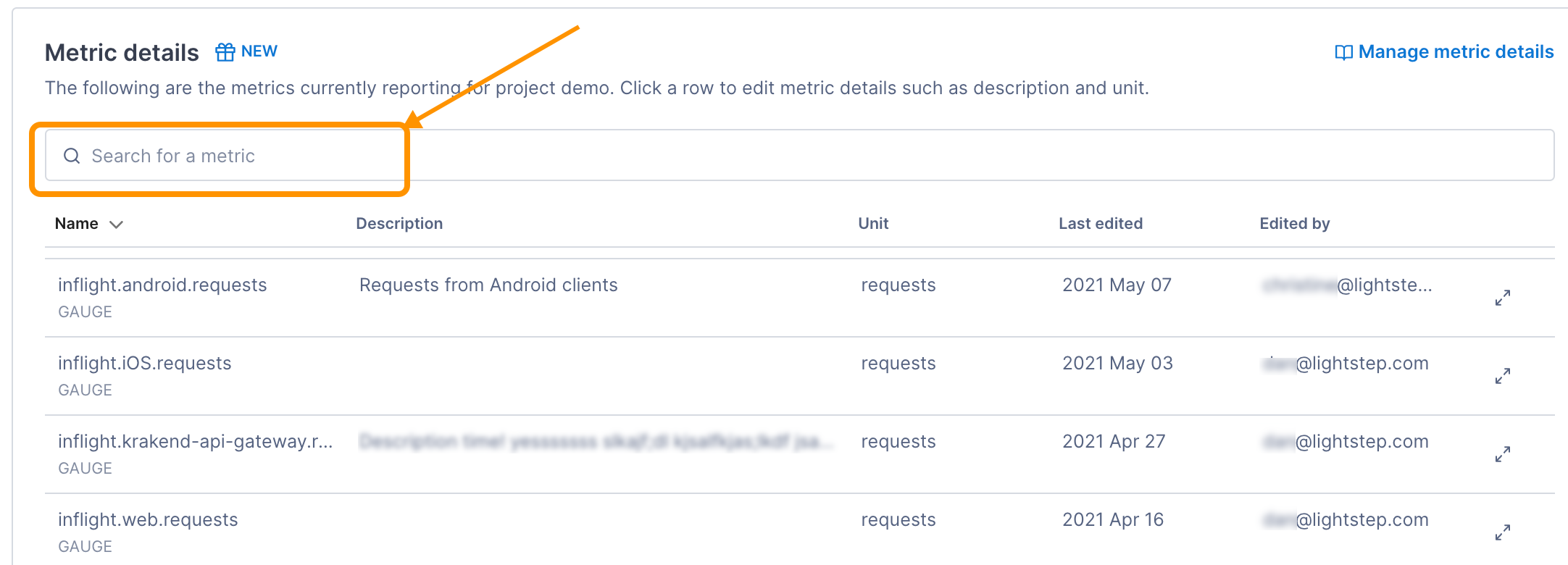The OpenTelemetry Collector, when configured with a Prometheus receiver, provides an integration with PowerDNS Recursor to scrape Prometheus metrics. The Collector uses the Prometheus Receiver to fetch metrics from the PowerDNS Recursor webserver endpoint. From there, the metrics are processed and exported to Cloud Observability.
To complete the integration, perform the following steps:
- Configure PowerDNS Recursor
- Configure the Collector to use the PowerDNS Recursor webserver endpoint as a scrape target for the Prometheus receiver
- Enable the integration by adding it to a pipeline
Prerequisites
- PowerDNS Recursor running in a Kubernetes environment.
- You’ve configured the Collector to export metric data to Cloud Observability.
Configure PowerDNS Recursor reporting
PowerDNS Recursor uses PowerDNS Recursor webserver for exposing metrics in the Prometheus format. You need to enable this. See the PowerDNS Recursor example for an integration.
Configure the Collector receiver
In the Collector configuration file, specify the PowerDNS Recursor webserver endpoint as a scrape target.
1
2
3
4
5
6
7
receivers:
prometheus:
config:
scrape_configs:
- job_name: otel-powerdns
static_configs:
- targets: [powerdns:8082]
The OpenTelemetry repository readme provides additional details about Prometheus receiver configuration.
Complete information about the Prometheus scrape configuration can be found in the Prometheus documentation.
Enable the Collector receiver
After the PowerDNS Recursor receiver is configured, enable it by adding it to one or more pipelines as described in the Collector configuration documentation.
Validate metrics are reporting to Cloud Observability
You can validate that metrics are reporting to Cloud Observability on the Metrics details page in Settings.
-
In Cloud Observability, click Settings > Metric details.
-
Search for PowerDNS Recursor metric names.

See the PowerDNS Recursor documentation for a detailed description of provided metrics.
-
If needed, select the metric to edit the description and how the units are displayed in Cloud Observability.
Create a dashboard for the metrics
Use the Cloud Observability Terraform Provider to create a dashboard for the metrics.
Additional resources
- For a complete example that’s ready to run, see the PowerDNS Recursor integration in Cloud Observability OpenTelemetry Examples.
See also
Updated Dec 1, 2022
